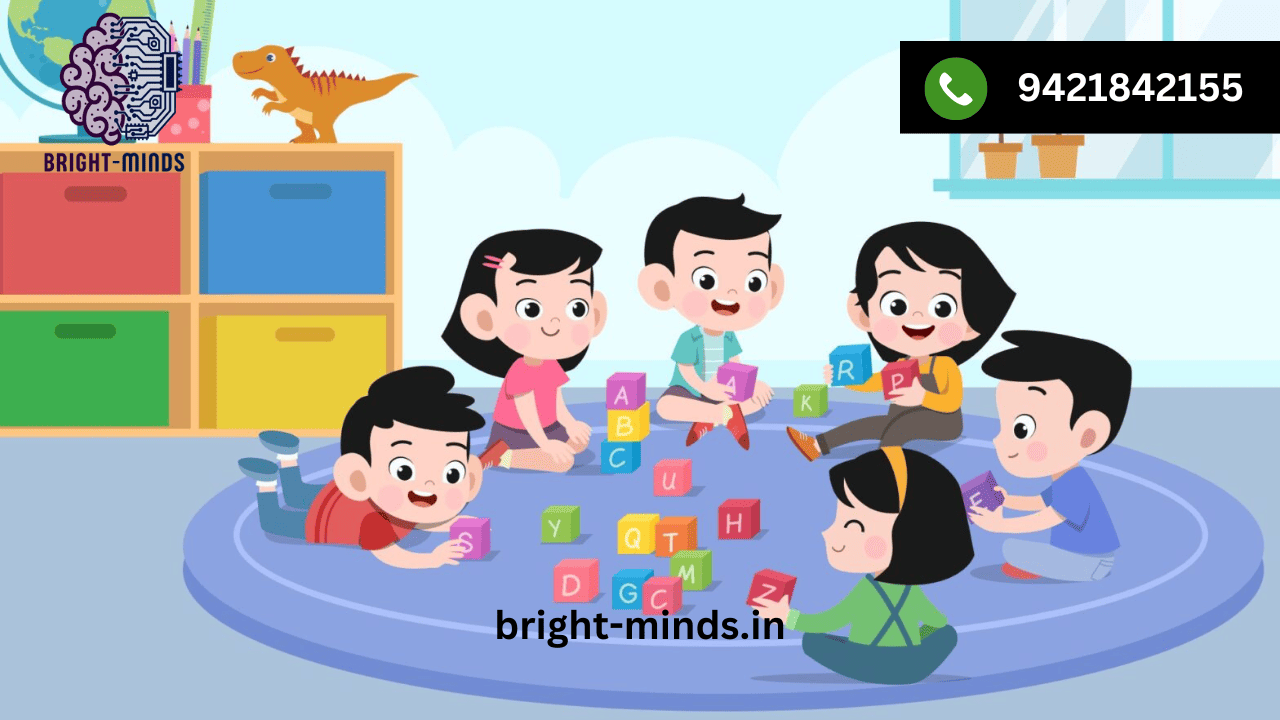Early infancy is a key stage in a child’s development. Children learn best during this time by participating in enjoyable and engaging activities. Play-based learning is a strategy in which children explore, discover, and learn via play. It’s more than just having fun; it’s also an effective way to build important abilities. Let’s look at why play-based learning is so vital for young children.
What is Play-Based Learning?
Play based learning combines structured and unstructured play to help children learn naturally and enjoyably. It allows children to:
- Explore their interests.
- Solve problems.Develop creativity.
- Interact with others.
This method makes learning fun while encouraging growth in all areas—cognitive, social, emotional, and physical.
Benefits of Play-Based Learning
1. Encourages Creativity and Imagination
When children pretend to be doctors or chefs, they employ their imagination. This stimulates their imagination and allows them to think outside the box.
2. Develops Social Skills
Playing with their peers teaches them how to share, take turns, and collaborate. These are critical talents that students will need throughout their lives.
3. Builds Communication Skills
Role-playing and group activities help children learn to express themselves, listen to others, and grasp diverse points of view.
4. Enhances Problem-Solving Skills
When youngsters build a block tower or solve a puzzle, they learn to think critically and solve problems.
5. Improves Motor Skills
Physical activities such as running, leaping, and drawing aid to enhance both gross and fine motor abilities, which are required for tasks such as writing and self-care.
6. Fosters Emotional Growth
Play teaches youngsters how to express and manage their emotions. It promotes self-confidence and resilience.
How to Implement Play-Based Learning?
1. Create a Safe and Stimulating Environment
- Provide a diverse selection of toys, books, and materials.
- Ensure that the area is safe for youngsters to explore freely.
2. Incorporate Hands-On Activities
Activities like building blocks, art projects, and sensory play engage children and make learning fun.
3. Encourage Outdoor Play
Playing outdoors allows children to explore nature, improve physical skills, and learn about the environment.
4. Use Everyday Moments
Simple activities like cooking, gardening, or sorting laundry can be turned into playful learning opportunities.
5. Let Children Take the Lead
Allow children to choose activities that interest them. This encourages curiosity and keeps them engaged.
Examples of Play-Based Learning Activities

1. Pretend Play
Set up a pretend shop, hospital, or kitchen. Provide props and let children role-play different scenarios.
2. Building Blocks
Provide building blocks or LEGOs and encourage children to create structures.
3. Art and Craft
Let children experiment with painting, drawing, or making crafts.
4. Storytime with Puppets
Use puppets to tell stories and encourage children to act out their own stories.
5. Treasure Hunts
Create simple treasure hunts where children solve clues to find hidden objects.
The Role of Parents and Teachers
Parents and teachers play a crucial role in supporting play-based learning:
- Observe and guide rather than direct.
- Encourage curiosity and exploration.
- Celebrate small achievements to boost confidence.
Why Play-Based Learning Matters
Research shows that children who engage in play-based learning:
- Have better problem-solving skills.
- Show higher levels of creativity and critical thinking.
- Develop strong social and emotional skills.
In a world where academic pressure often begins early, play-based learning reminds us that children learn best when they are happy, curious, and engaged.
Conclusion
Play-based learning is more than just a fun pastime for children; it serves as the foundation for their lifetime learning and development. Making learning pleasurable helps youngsters develop into confident, creative, and capable individuals. Encourage play-based learning at home and in school, and your child will thrive in all aspects of their life!
Also Read:
https://bright-minds.in/unlocking-word-meaning-for-class-ukg-english-to-hindi/

